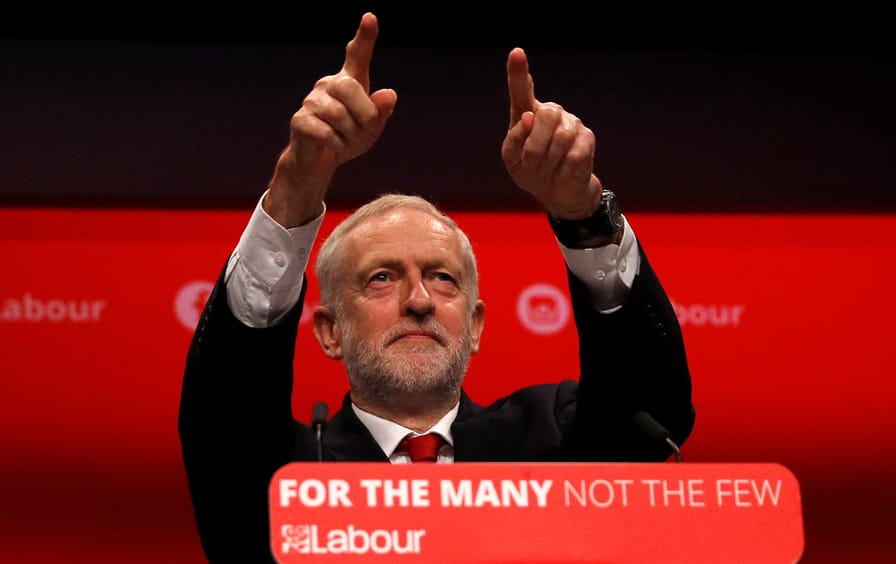
By M Ahmedullah, 5 October 2017
Some of the recent U-turns of the British Tory party are clearly due to a sudden panic and fear of Jeremy Corbyn’s popularity and the shifting consensus where socialism is once again becoming a serious mainstream British political choice for running the government.
The day before yesterday, I heard Oliver Letwin, a prominent Tory, on the radio, talking about the need for some extra taxation to deal with elderly care, among a range of other urgent issues that he discussed, within the context of the new and emerging challenges posed by the rise of Jeremy Corbyn and the mainstreaming of socialism. Tories are now seriously considering raising taxes to deal with some aspects of poverty and disadvantage, which they previously argued against very strongly.
The Tories are also talking about freezing tuition fees and making other promises designed to discourage voters from moving towards the newly resurgent and rising respectability of socialism under Jeremy Corbyn. They are also likening the leadership of the British Labour Party with the leaders of Venezuela to discredit Jeremy and his new ideas, which is not working at the moment.
If you look at the history of 20th-century socialism – even though it could not deliver the goods that it promised – it did manage to humanise capitalism by its struggles for workers’ rights and the sophisticated and sustained anti-colonial and anti-imperialist critiques that it provided vocally and through writing and with a high degree of seriousness and passion. As a result, the Tories and the imperialists did reform and change to share the wealth a bit more than previously to avoid the impending catastrophe awaiting their party and constituency. They did not humanise themselves a little because of altruism, thinking that this was the right thing to do – but as a result of the fear generated by the rise of socialism and anti-imperialism.
With the decline and eventual collapse of Soviet Communism, the discrediting of British socialism in the 1970s and the new free-market consensus that emerged in the 1980s, the ugly face of selfish capitalism under the Tories began to materialise once again. However, as a result of the new challenge and threats posed by the steadfast and principled Jeremy Corbyn, the Tories are being seen again as a nasty party by more and more people that primarily serves the rich.
The moral of the story is that even if socialism cannot deliver the levels of equality and justice with economic growth for a sustained period – primarily due to the inevitable decline in human incentives that are caused by too much state interventions, higher levels of taxation, curtailing or regulating aspects of capitalism – one of its vital and enduring roles has been to challenge and critique capitalism, which helped humanise capitalism and make it less nasty.
The nature of socialism is such that while some of their policies will continue to deliver many important benefits for people and society, others will inevitably cause the wheels of the capitalist economy to become less efficient and could grind to a halt in some cases, causing many economic problems along the way for a country that adopts a fundamentalist socialist programme. But without an effective challenge and threat from socialism, Tory capitalism will never deliver for the needs of the poor.